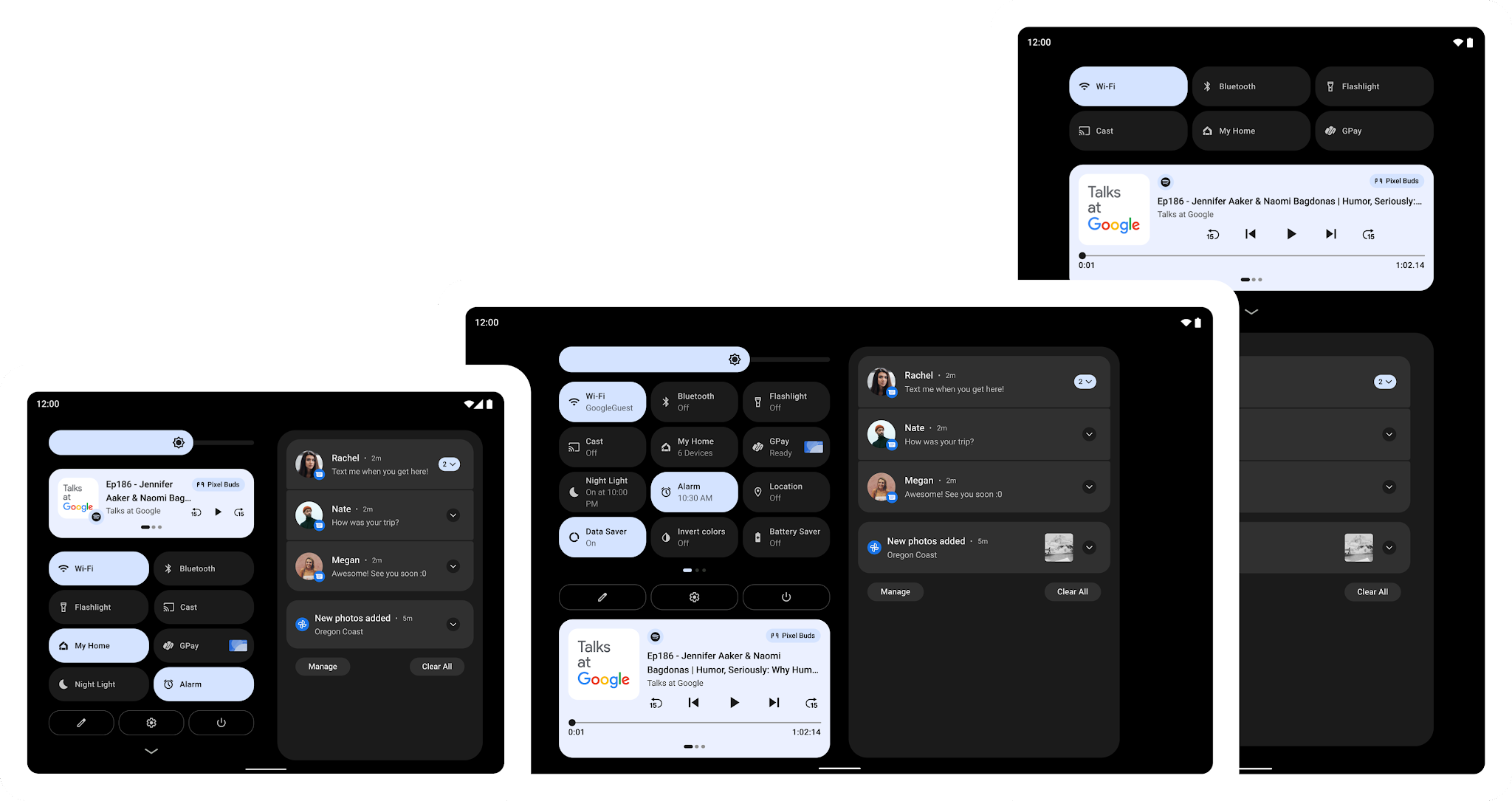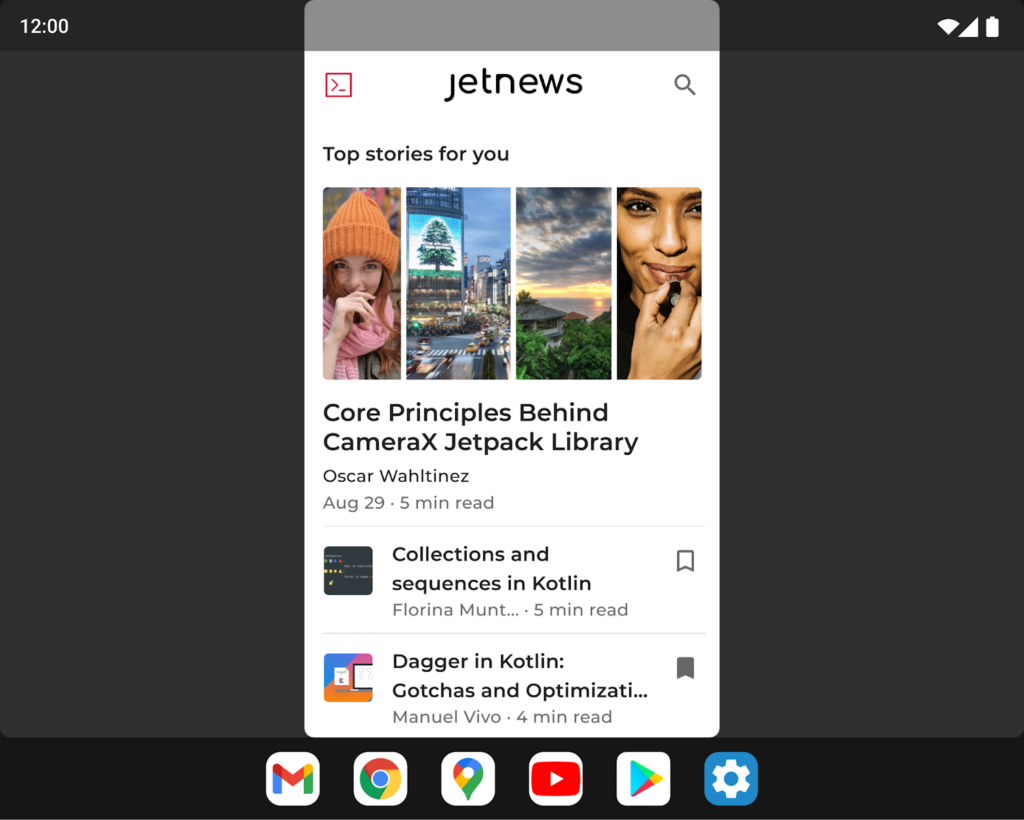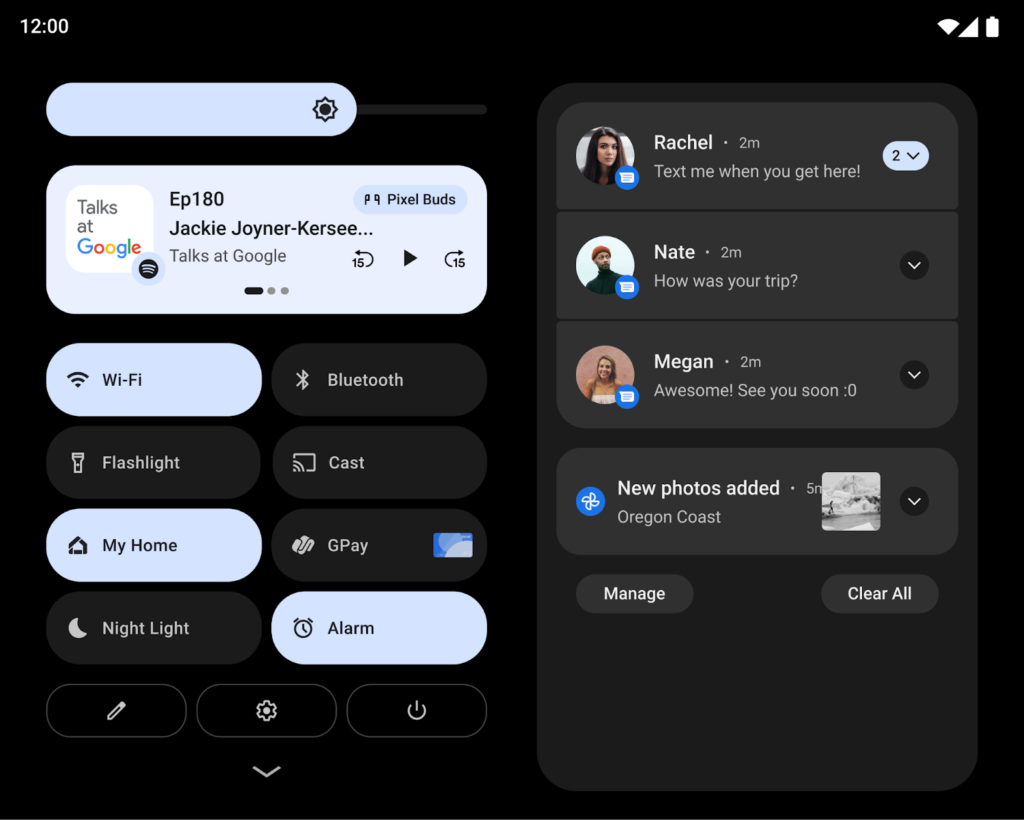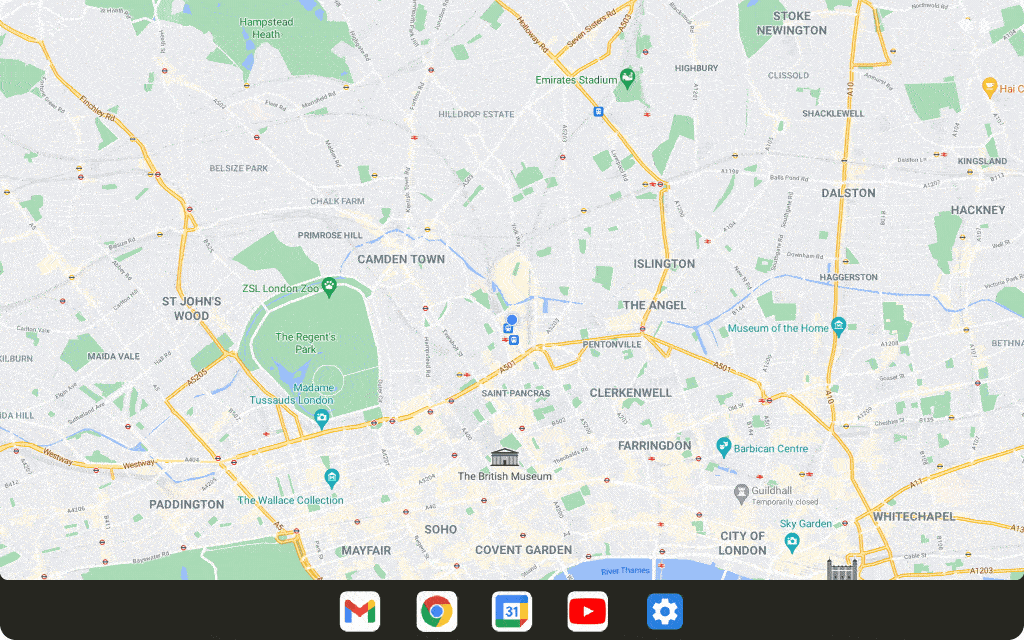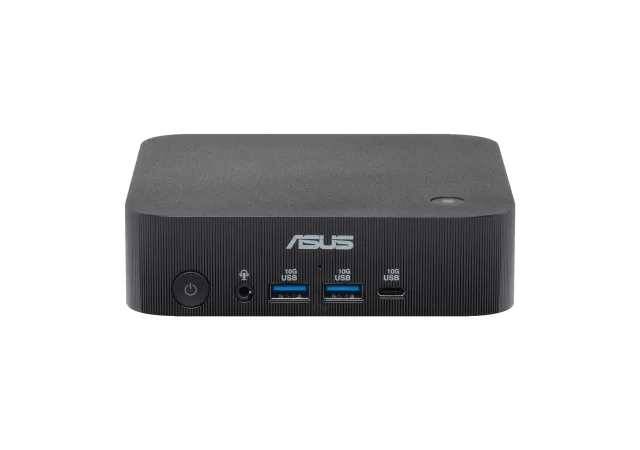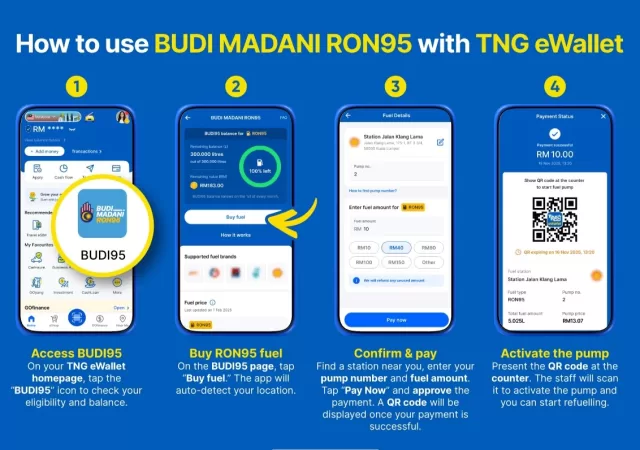Android tablets have long been a sore spot for the ecosystem. In fact, Android as an ecosystem has hardly made any progress to make the operating system more usable on tablets and larger displays. Currently, these devices use a supersized version of regular Android. Some manufacturers such as Samsung have added some software features to their tablets to further optimise the experience.
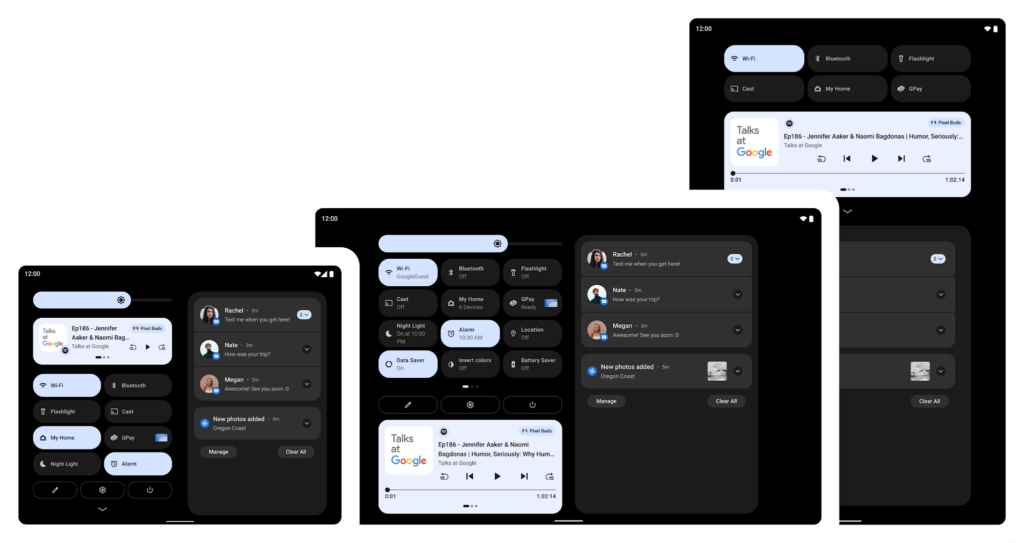
You may be wondering, “Didn’t Google introduce optimisations with Android Honeycomb?”. The short answer – yes they did. That said, since then, many of these changes have been rolled back. Years after the fact, it looks like Google is finally addressing the issue at a root OS level.
Mid-life Update for Android 12
Android 12L is an upcoming update that will introduce changes that will optimise the operating system for tablets and foldable devices. Android 12L will be rolled out as a mid-life update for Android 12. L, of course, stands for Large. That said, the update to Android 12L is also bringing an update when it comes to SDK. The current Android 12 SDK is known to developers as API Level 32. The new API level brings significant changes in how Android deals with and recognises large screens and foldables.
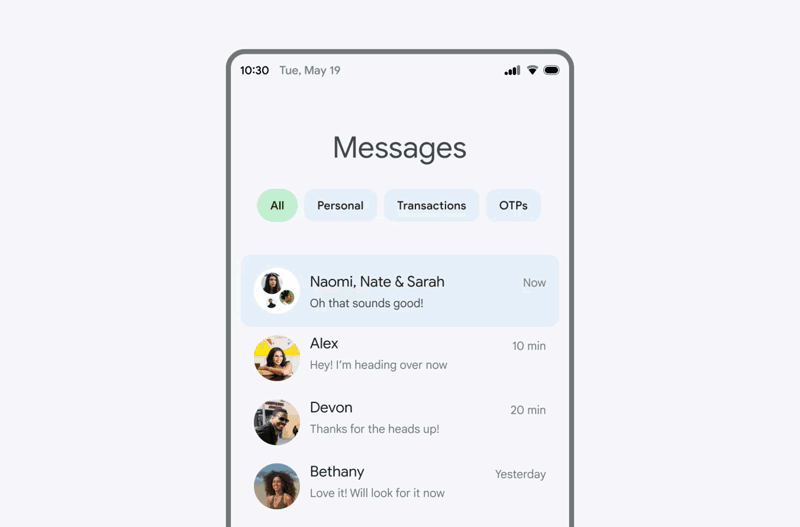
The new API level brings a focus on multitasking and maximising the additional forms and display space that comes with larger devices. The biggest change in the SDK is apps defaulting to multitasking mode for apps to help with compatibility and scalability. Google is also streamlining scalability. “WindowMetics” and “WindowSizeClasses” APIs will address developers’ woes in developing for the wide variety of different sizes present on Android devices. The new APIs will provide information and guides or “opinionated layout breakpoints” which will allow devs to better optimise and adapt.
Visually Improved and Geared for Productivity
With the introduction of better app adaptability with “WindowsSizeClasses”, it comes as no surprise that Android 12L will come with graphical changes that help with multitasking. The biggest change comes in the system menus and UI elements. These have been updated to support two columns graphically. We’ve seen this layout previously in devices like the iPad and also Samsung’s Galaxy Tab S7 series. The two columns allow more actionable content to be shown at a glance making it easier to get to options. The new layout defaults also make their way to the notification shade allowing users to see and access more on larger screens.
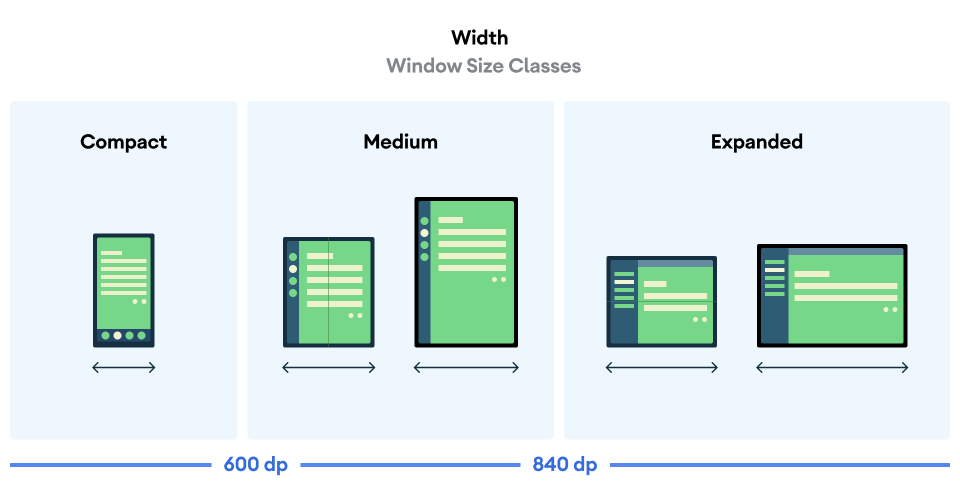
12L is also bringing along a new taskbar. The taskbar is akin to the one Android had in Honeycomb but brings a sharper focus on multitasking. The new taskbar will allow users to drag apps into split-screen and multiwindow mode seamlessly. Apps across the board will be able to do this regardless of optimisations. Devs will need to optimise for the best compatibility. However, if the app isn’t updated, it will be forced into compatibility mode. In addition to behaving more like Windows and macOS taskbar, the navigation on larger screens will be relegated to the corner of the taskbar for more ergonomic accessibility.
Better App Visibility on the Google Play Store
In addition to the visual changes and software optimisation, Google is also finally addressing the app situation on the Google Play Store. Using some of the optimisation and new APIs available in Android 12L, Google will be surfacing apps better optimised for tablets and larger screens more efficiently. The Google Play Store itself is getting a visual update to better utilise large screens. Users will be able to have better access to different pages and options at a glance.
Google will also be introducing new checks to assess large-screen apps. These checks will allow Google to better surface properly optimised apps. In addition, they are introducing large-screen specific app ratings. Larger screen devices will also be prompted when apps are ill-optimised.
Release & Development
With the announcement of Android 12L, it comes as no surprise that we are eager to see these optimisations make their way to larger devices soon. According to the announcement, there will be a developer preview with three betas before the final release in Q1 2022. The developer preview is currently available for the Lenovo Tab P2 and Samsung’s Galaxy Z Fold3.



